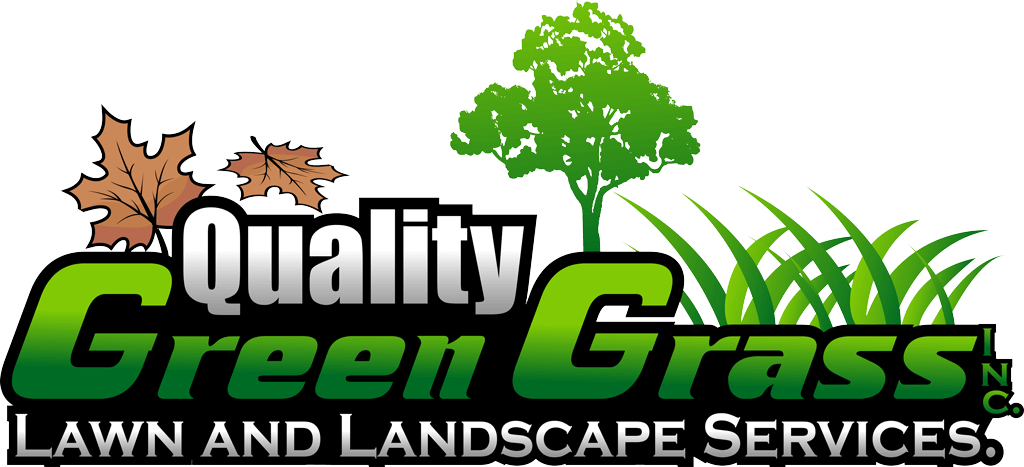- Bark mulch improves soil health by retaining moisture and releasing nitrogen as it decomposes.
- It helps suppress weed growth by covering soil.
- Adds aesthetic value with its natural texture and earthy colors.
- Pine mulch suits acidic plant needs, is easy to spread, and enriches soil slowly.
- Organic mulches, including bark, offer nutrient benefits and weed control.
- Bark mulch can be sourced locally or online with bulk discounts available.
- Mulching enhances landscape appeal and plant health, suggests a depth of 2-3 inches for shrubs/trees.
- Bark mulch costs around $33.75 per yard, with potential discounts.
- Proper application involves maintaining a consistent mulch depth, keeping mulch away from plant bases, and regular maintenance.
Thinking about using bark for mulching in your garden? Before you decide, let's dive into why this eco-friendly option might be perfect for those lush lawns. Bark mulch not only enhances your garden's beauty but also improves soil health and helps keep pesky weeds at bay. As a homeowner who loves a gorgeous lawn, you desire solutions that boost property value and save time. Join me as we explore the many advantages bark mulch has to offer!
What Are the Benefits of Mulching with Bark?
Mulching with bark can make your garden healthier and more beautiful. One of the main benefits of mulching with bark is improved soil health. How does bark mulch improve soil health? It keeps the soil moist and can protect it from extreme hot weather. As bark mulch breaks down, it releases nitrogen, helping roots grow stronger. This can make your plants grow better and flowers bloom brighter.
Can bark mulch help with weed suppression? Yes, it can. By covering soil with bark mulch, you can stop weeds from growing. Bark mulch covers the ground, so weeds have less chance to take root and grow. This helps keep your garden looking neat without the struggle of fighting pesky weeds all the time.
What are the aesthetic benefits of using bark mulch? It can make your garden look nicer with its earthy colors and natural texture. It gives gardens a tidy, finished look, making them more inviting and warm. Finely shredded bark can spread evenly, making your plants and pathways stand out. Many gardeners choose bark for both practical and visual reasons. Bark mulch also offers quantity discounts, making it affordable for larger gardening projects.
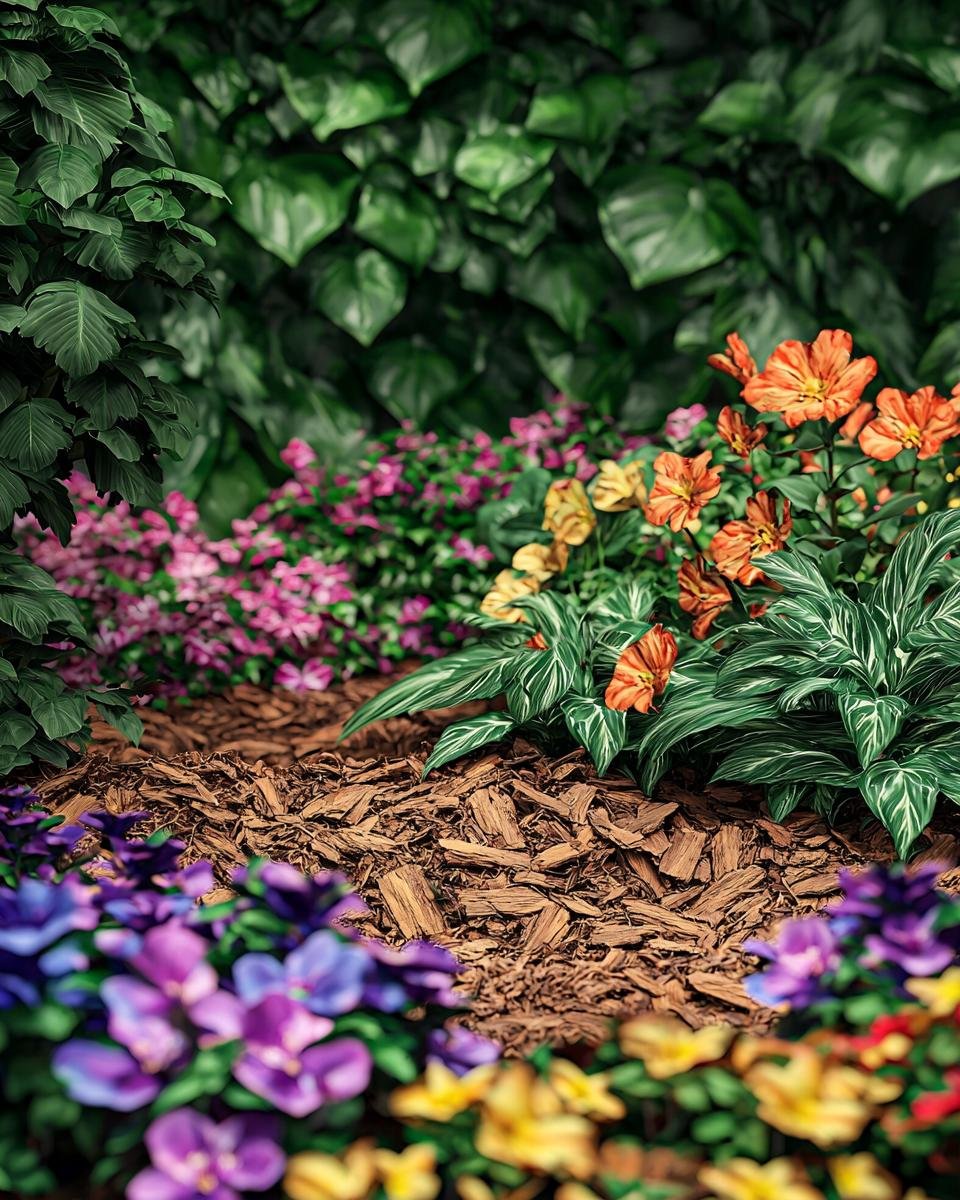
How Do You Choose the Right Type of Mulch for Your Garden?
Choosing the best mulch is key to your garden's success. What factors should you consider when selecting mulch? The most crucial factor is the plant's needs. Some plants prefer specific mulch like pine, which is acidic. Always match the mulch type to your plant's needs. Pine mulch, for instance, might suit plants that thrive in more acidic soil. It keeps moisture better than some other types, which helps plants during dry spells.
How does pine mulch compare to other types? Pine mulch is light and easy to spread. It breaks down slowly, enriching the soil over time, similar to bark mulch. However, it might not be as colorful or varying in texture as hardwood mulch. Each mulch has strengths, so try to decide based on what you want. Your garden's style and plant needs will guide your choice.
Are there organic mulching options available? Yes, many exist. Organic mulches, like bark and straw, add nutrients as they decompose. Bark mulch is a top pick for many and can support both new and established plants well. Organic types also help with weed control, which means less work in garden maintenance. You can explore a variety of organic options by researching different types of mulch.
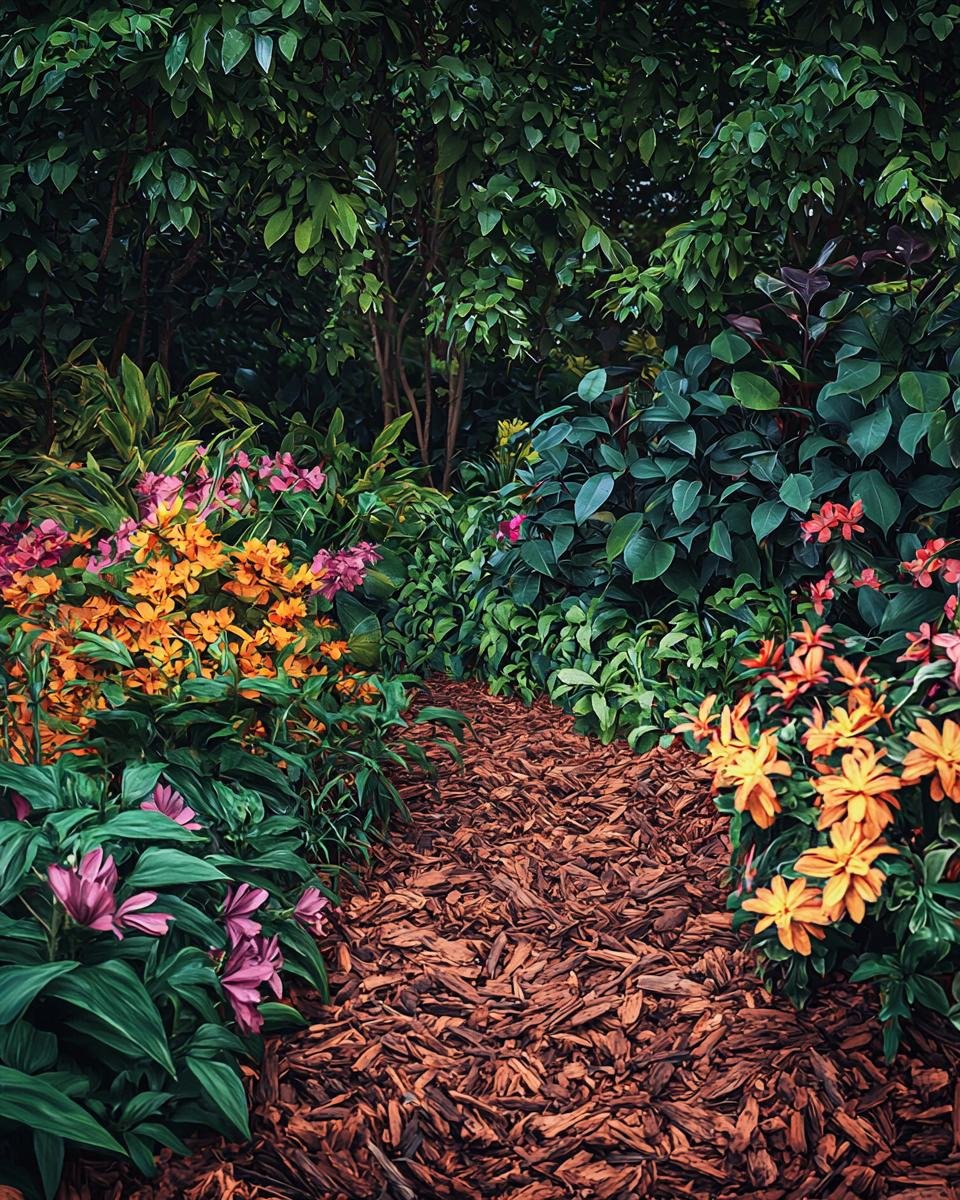
Where Can You Source Bark Mulch and Other Mulching Materials?
You can find bark mulch at local suppliers or by ordering it online. Local mulch suppliers often provide fresh, high-quality mulch made from local tree bark. It's good to visit them and see the mulch for yourself. A reliable local supplier keeps a wide stock and offers advice on how to use their products.
Ordering bulk bark mulch online is a convenient option. Many websites let you compare prices and features. When you order online, you can choose the quantity you need, like a yard or more. Some places give discounts if you buy a lot at once. You will also find detailed product information, which helps in buying decisions.
Delivery services are usually available for bulk orders. This makes getting your mulch easy, without needing to transport it yourself. It's best to check if the delivery is direct, or if they just drop the order off. Remember, some drivers cannot enter your yard to dump the mulch exactly where you want it.
For a detailed mulch-buying guide, explore online resources. They help with choosing between different mulching materials and meet specific garden needs.
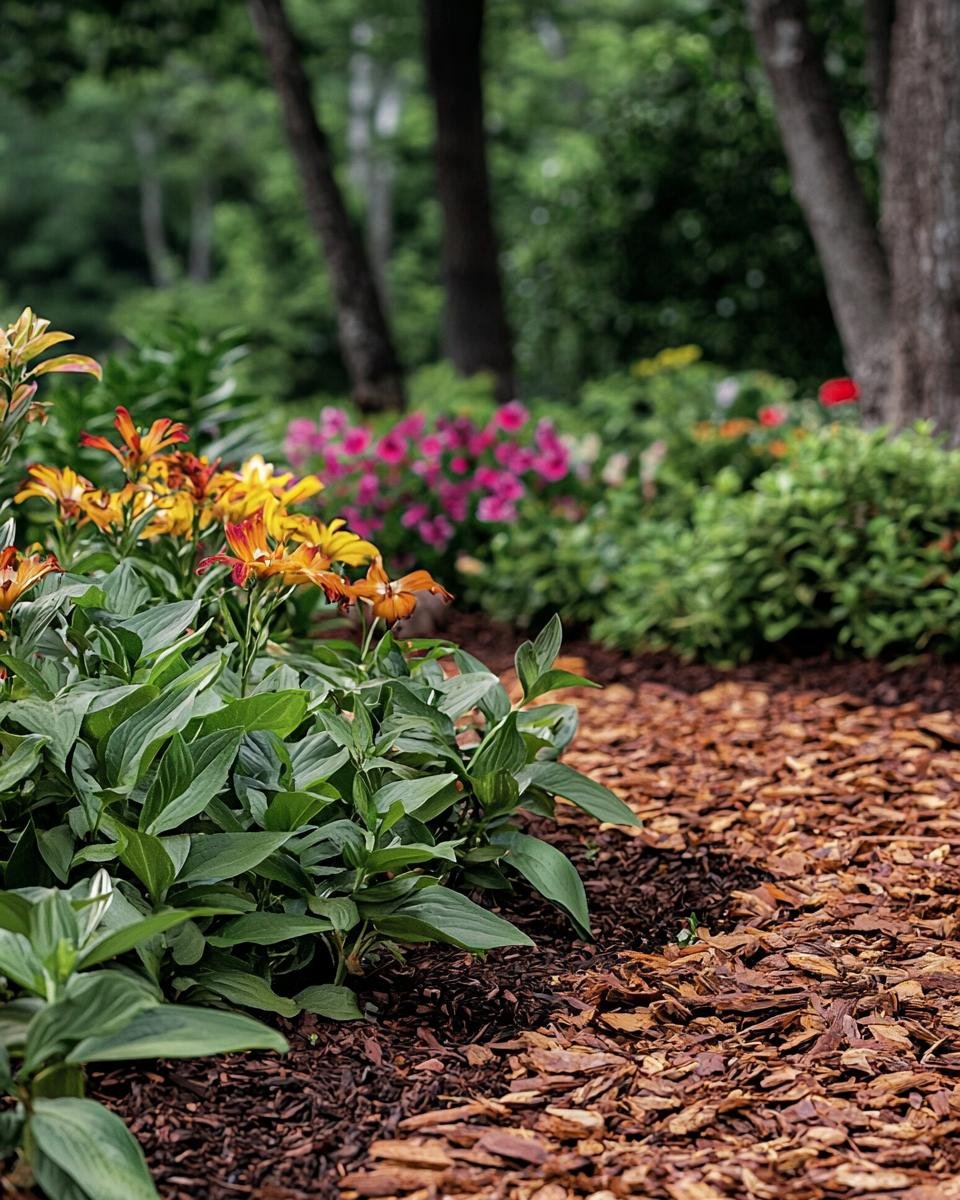
How Does Mulching Impact Landscaping and Garden Design?
Mulch serves as a secret weapon in good garden design. It adds neatness and structure to the landscape. How can mulch enhance curb appeal? Mulch freshens up garden beds, making them look clean and well-kept. Its natural colors offer a striking contrast to green plants, enhancing visual appeal. Consider bark mulch to provide a rich and earth-toned look.
Mulch can breathe new life into dull areas, making them vibrant and inviting. What are effective mulching techniques in landscaping? Start by spreading mulch 2-3 inches deep for shrubs and trees. This depth helps control weeds and holds in moisture. Use less around flowers—about 1-2 inches—for best growth. Keep mulch a bit away from plant bases to stop rot.
How to integrate mulch with decorative elements? Blend mulch with rock or metal borders for more style. Use different mulch shades to highlight specific plants or paths. Pine mulch neatly ties landscaping elements together, introducing a natural feel.
It's about more than just looks, though. Mulch improves soil health while boosting your garden's charm. Thinking ahead with your mulch choice can make your landscape design both functional and attractive. Learn more about mulch options to make the best decision for your garden space.
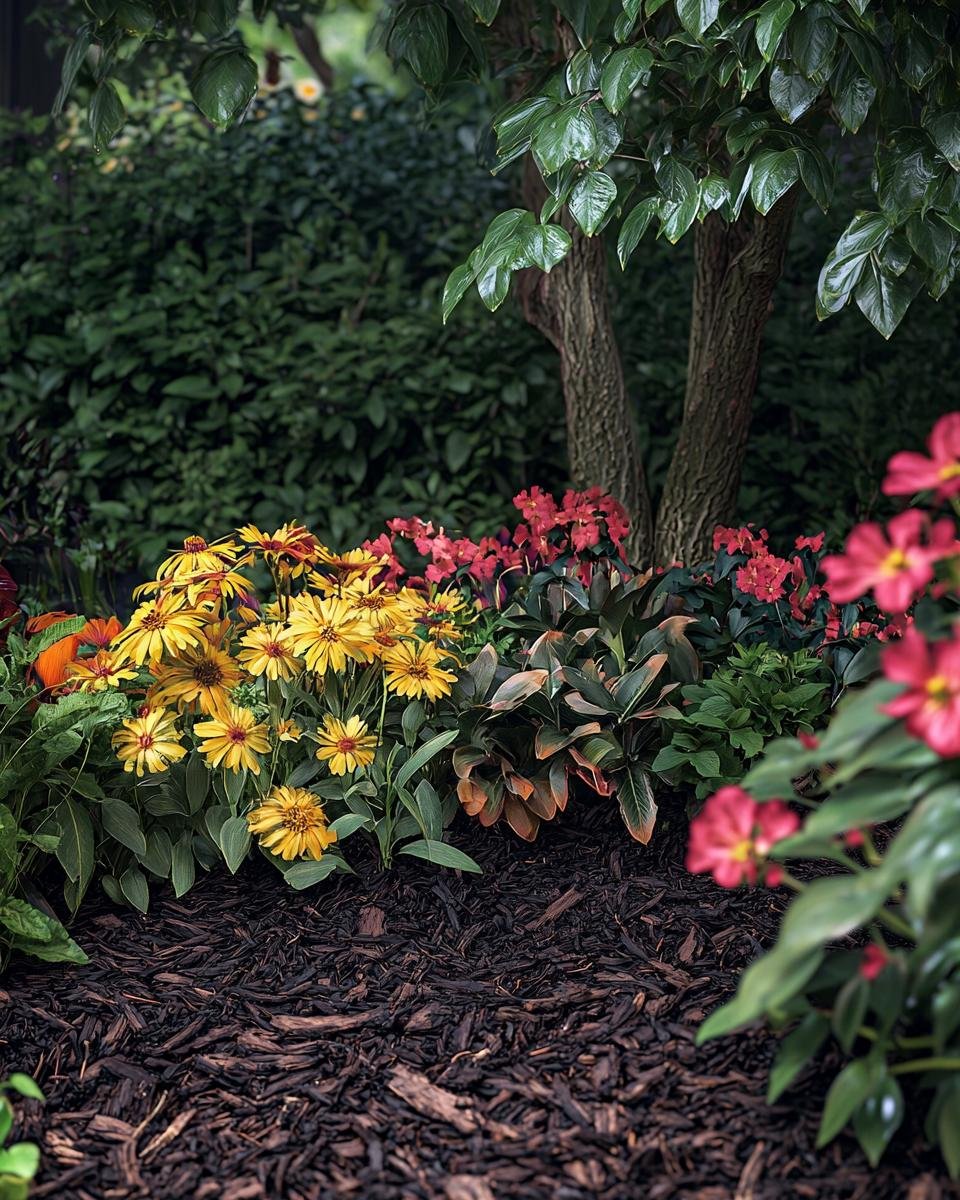
What Are the Cost Considerations for Mulching Projects?
When planning a mulching project, mulch cost per yard is important. Typically, bark mulch costs around $33.75 per yard. You can also find quantity discounts that can make larger projects more affordable. Knowing the average cost will help you set a realistic budget.
Many people wonder if seasonal discounts on mulch are available. Yes, they often are! Some stores offer discounts during less busy times or end-of-season sales. These discounts can help you save money, so it's worth checking with your local supplier. Connecting with their mailing list can alert you to special offers.
If you want a budget-friendly mulching project, planning is key. First, measure the area you need to cover. A cubic yard of mulch covers 162 square feet at a 2-inch depth. Adjust this estimate for the depth you need. Choose affordable mulching options when shopping around, and don't forget to ask about any ongoing promotions.
Using the information from the mulch and bark suppliers can assist in keeping the project within budget. Remember: preparation is crucial. By knowing costs and maximizing discounts, you can ensure your garden gets the care it needs. Always strive to use mulch that offers both cost-effectiveness and quality for your garden.
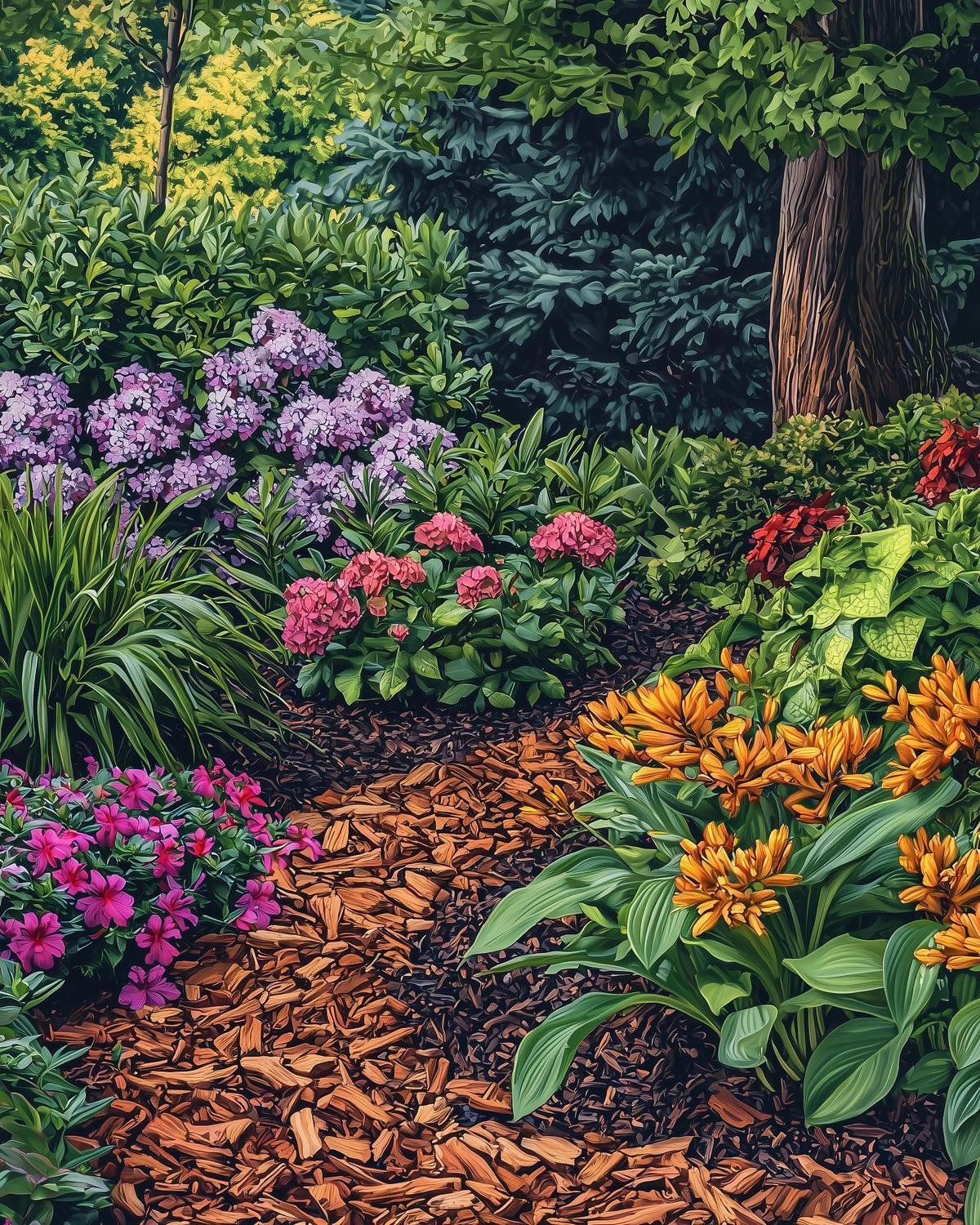
How to Effectively Apply and Maintain Bark Mulch?
Proper mulch application starts with determining the right depth. For new beds, spread bark mulch 2-3 inches deep. When refreshing existing beds, a 1-2 inch layer will do. Mulch should never touch the base of plants; pull it back slightly to let stems breathe.
Maintaining mulch beds is key for plant health and soil wellbeing. Over time, the mulch will break down, releasing nutrients like nitrogen. Rake and fluff the layer occasionally to keep it even and allow water to pass through.
Ensuring long-lasting coverage involves regular checks. Replace or add mulch if the depth decreases below the recommended levels. Watch for compacting after heavy rain; mulch needs air to work best.
Remember, three factors guarantee mulch success: consistent depth, air circulation, and nutrient replacement. Maintain these, and your garden mulch will look fresh and protect your soil.
Conclusion
Mulching with bark boosts your soil's health while keeping weeds away. Bark mulch also adds great visual appeal to your garden. Choosing the right mulch involves considering garden needs and exploring organic options. Source quality bark mulch from local suppliers or online, and enjoy delivery options. Enhance your landscaping with strategic mulch use for a polished look. Mind the costs by planning and buying wisely. Apply and maintain mulch for lasting impact and beauty, and watch your garden thrive with less hassle and more efficiency.
